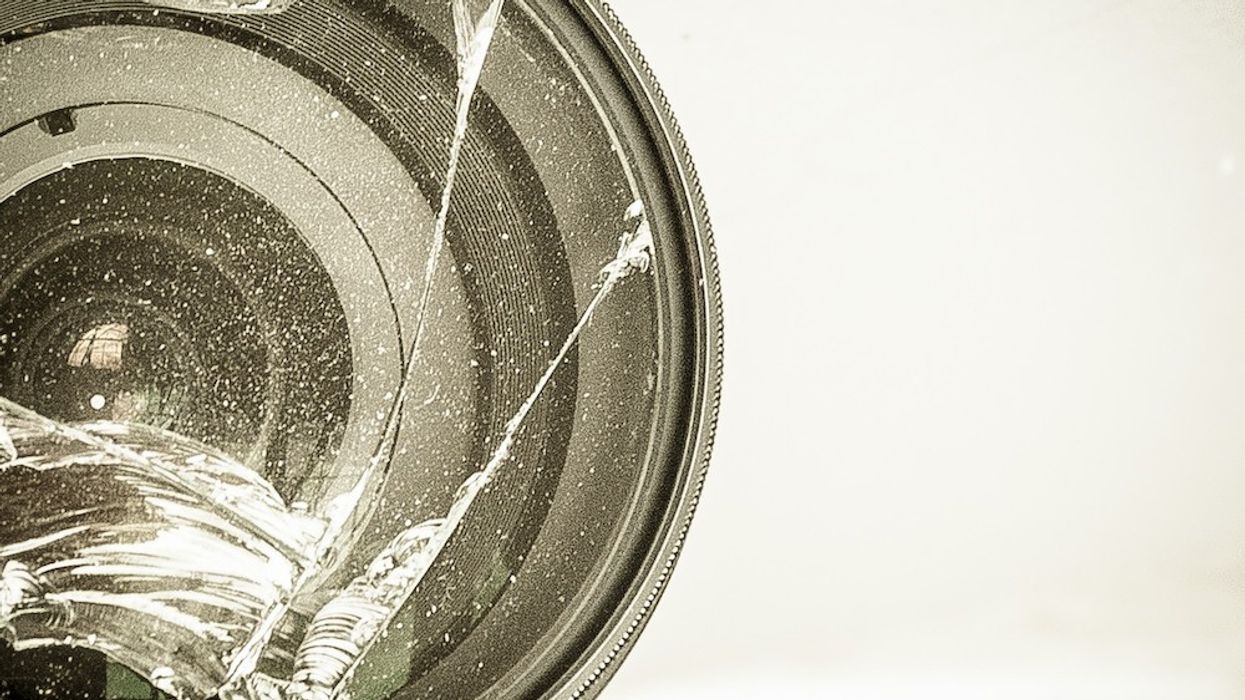Do Blind Lens Tests Help You Make Decisions as a Filmmaker?
Should manufacturers stop with the mystery?

Filmmakers, no matter what level they are at in their various careers, are a community. We bond over the art form as it's pushed to new directions. Part of that camaraderie is the knowledge and tutelage we share with each other to improve our craft.
Case in point, Roger Deakins doesn't need to have a podcast. But, most likely, he understands that he's part of this community and recognizes that people want to learn from him. He provides us that opportunity through those conversations. The same thing can be said during a film release. Even though those press tours are designed to promote the movie and to get people into theaters, when the artisans are interviewed about their craft, it gives the community an opportunity to learn from them.
When it comes to the manufacturers who make the products filmmakers use it can be a different story.
Lens tests are an important part of the preproduction process. They help inform the visual palette of the story. A sharp lens will subliminally create a different palette than a vintage lens or an anamorphic lens. One could argue deciding on the optics of a project is more important than the camera body itself, even though the two are intertwined.
One of our favorite lens tests of all time was done by Phil Holland, Matt Duclos, Evin Grant, and Matt Hayslett. They looked at eight different sets of lenses, pairing each focal length to the RED 8K Weapon Dragon VV. No games. No gimmicks. No unnecessary voice-overs. They let the images speak for themselves. It gives filmmakers who may not have the chance, budget, or time to test the lenses, an opportunity to see them in action. Then, they can decide for themselves if they want to test them further. It's a great comparison tool.
But what about blind lens tests? Do they help you as a filmmaker make an informed decision?
When a company puts out a new lens or even a new camera, sometimes they will compare it to an "unknown counterpart." If you don't know what that counterpart is, what's the point? All you're saying as a company is that your lens or camera may be better or different than some random thing. Does that help a filmmaker make a knowledgeable decision? It seems all it does is promote your product in a way that can leave filmmakers frustrated, or searching for an actual answer.
Marius Ciocirlan of ShareGrid, a site that tests lenses extensively, has a different point of view. "I do believe it can be advantageous if manufacturers don't reveal the names of lenses in a lens test. Too often we are easily influenced by brand names and preconceived notions. There's rarely a terrible lens on the market, I think many filmmakers will be pleasantly surprised by the capabilities of most underrated lenses. Each lens is strong in some aspect or achieves a certain look, it's more important that you carefully select the right lens that can help you achieve your specific goal."
What do you think? Should companies reveal who they are comparing themselves to? Do blind tests help you out as a filmmaker? Share your thoughts in the comments below.











